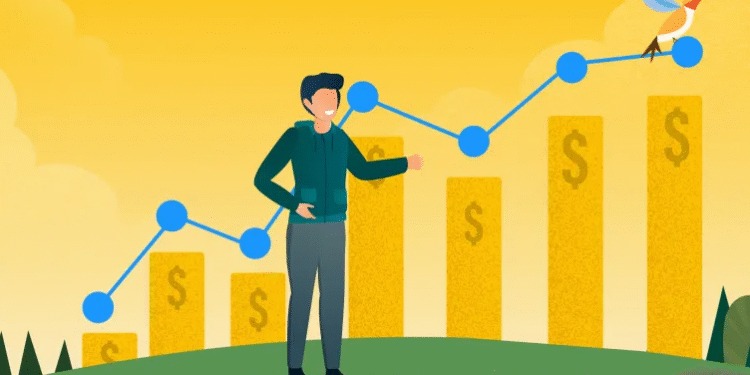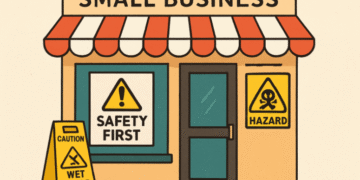Dynamic pricing is a strategy that ticket resellers and other entrepreneurs use to maximize revenue. The strategy involves adjusting prices in real-time in response to market changes. If you sell concert tickets online, you can use dynamic pricing to improve revenue by capitalizing on increasing demand and surging prices. Here are three dynamic pricing tips for resellers:
1. Understand Your Ticket Buyers
Before selling tickets, check the original pricing from the organizer and review the terms and conditions, focusing on price caps. Researching what buyers are willing to pay and what other resellers are charging for the ticket provides a reference for a starting price. Understanding your niche’s buyers allows you to set realistic prices that they can afford without compromising your margins. Studying competitor prices, ticket demand, and buyer behavior also provides insight into competitive pricing. Reviewing trends and historical records provides a deeper understanding of changes in ticket prices. If the artist has had previous shows at the venue, research the turnout, prices, and other factors that influence pricing. This information allows you to sell concert tickets at a profit while making adjustments based on buyer response. Learning about peak demand periods and how they vary depending on the type of concert, artist, and target demographic also influences listing price.
2. Track Seasonal Price Changes
Ticket prices often change from the time they’re released to when the gates open. Some tickets start at a high price and decrease as the event date approaches. Others have peak demand a few weeks or days before the event. The mood surrounding the concert may also change due to personal events in the artist’s life or concurrent rival events. Tracking these changes allows you to adjust the price to reflect current demand. If demand increases, sellers can increase listing prices but should remain within legal requirements.
Ticket prices also shift with demand during holidays or weekends. Album releases and new additions to a tour can also alter the excitement surrounding specific concerts, leading to price surges. Dynamic pricing focuses on mirroring demand to maximize ticket sales while minimizing losses. If demand falls, you may lower prices, offer discounts, or create bundles to encourage bulk purchases. Review historical trends to identify peak selling timeframes and time your listings carefully.
3. Use Price Automation Tools
A convenient way to leverage dynamic pricing is through automation. If you’re selling concert tickets with a listing platform, you’ll likely have access to dynamic pricing tools. Listing platforms use state-of-the-art pricing tools to recommend accurate prices based on market conditions. If demand surges or drops, some tools automatically adjust ticket prices to mirror these changes. They also factor in historical and real-time data and other metrics to calculate prices. Automation reduces the need to track market changes and manually adjust prices. Some additional pricing strategies include:
- Undercutting top competitors by a fixed percentage
- Maximizing profit margins when demand is low or when tickets sell out on other platforms
- Setting pricing floors and ceilings to maintain profitability when competitors slash prices
- Staying alert to changes in competitor pricing and outcomes
- Raising prices when competitors sell out to take advantage of surging demand
- Matching competitor strategies or offering extra perks, such as bundles and discounts
Sell Concert Tickets Online Today
You can use many other dynamic pricing strategies, such as offering unique tickets at varying prices. Creating bundles and bulk offers may encourage purchases from families, friends, and corporations. Choosing a listing site with dynamic pricing tools also allows you to automate the process. Automated ticket delivery helps streamline the selling process, allowing you to keep stock moving as concerts approach. Sell concert tickets today using high-traffic listing platforms.










